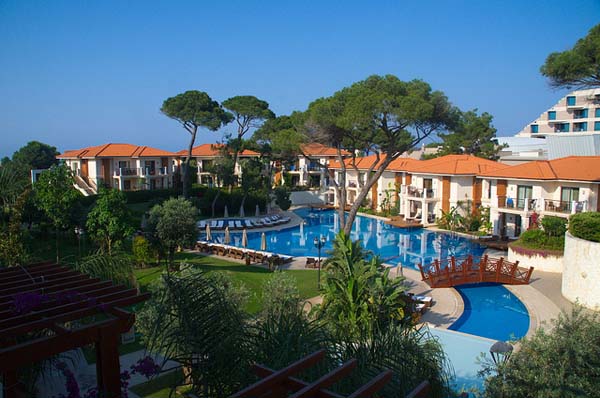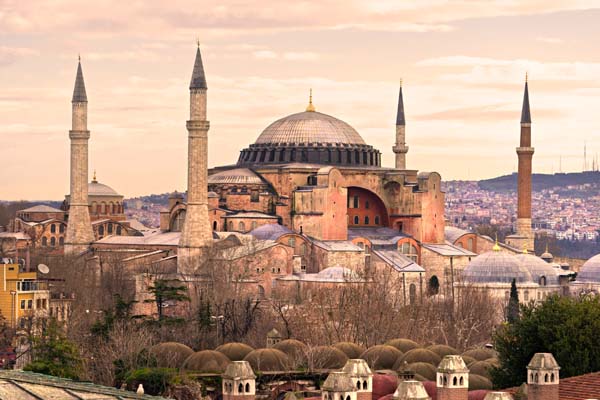The growth of Turkey as a key tourism destination is showing no signs of slowing down, with some experts predicting visitor numbers in the capital Istanbul to double by the end of 2015.

Turkey is expected to welcome record-breaking numbers of visitors in the next few years © kseniya_mitus - Fotolia.com
Meeting at the recent Central Asia and Turkey Hotel Investment Conference in Istanbul, more than 300 industry experts got together to discuss the growth of opportunities in what is one of the world’s most unique regions, reported TTN.
Speaking at the forum, Haluk Kaya, chairman of Bekay Property Partners which holds significant investments in the region, described how Turkey had two distinct tourism sectors that both provided unique opportunities – city tourism and all-inclusive resorts. Of the two, city tourism is currently showing the biggest potential, according to Kaya. Istanbul has recently seen enormous growth in the number of tourist visitors, recording eight million arrivals in 2011 compared to just two million in 2006.
Kaya said that he expected this growth to continue, predicting as many as 15 million tourist arrivals by the end of 2015. As a result, every major hotelier in the region was looking to get in on the action.
“Everyone wants a hotel in Istanbul now,” he explained.
Helping to achieve this expected growth will be a number of initiatives proposed by the Turkish government. Mehmet Ersoy, chairman of Etstur, explained that the government was focused on the construction of several new airports in the country, as well as the expansion of existing ones. A third international airport is already under construction in Turkey’s biggest city, and will ease some of the burden from the overstretched Ataturk International Airport as the city bids to enhance its reputation as a major travel hub.
The government is also planning to eliminate visa problems in order to further encourage tourism in the country.
However, the all-inclusive resort sector presented more challenges for the hotel investment community. Kaya raised concerns that many of the resorts, while popular, do little for their local communities by way of income generation or job creation.
Citing the resort at Belek as an example, Kaya explained:
“Belek is a disaster. Not a single restaurant in the town even though there are more than 40 four- and five-star hotels. There is some investment now from Rixos hotels – but it is an important lesson for other resort locations.”

Turkey does face challenges however - the resort at Belek was labelled a disaster for local communities. Image by Jacob Johan
John Wilson, executive board member of Dedeman Hotels & Resorts, shared the view that the two sectors were vastly different entities:
“There is Istanbul and there is the rest. This is an extraordinarily dynamic marketplace and there is no sign of a slowing down in the growth in the Turkish tourism business.”
Wilson was also optimistic that challenges could be overcome by both sectors, pointing out that Turkey’s unique geographical position between the European and Middle Eastern worlds meant it was ideally placed to explore emerging markets and attract ever-increasing numbers of visitors.

[…] is another budget travel taboo. With the astonishing rise in visitor numbers to the former Sultanate, prices are steadily creeping upwards and those cheap summer breaks to […]